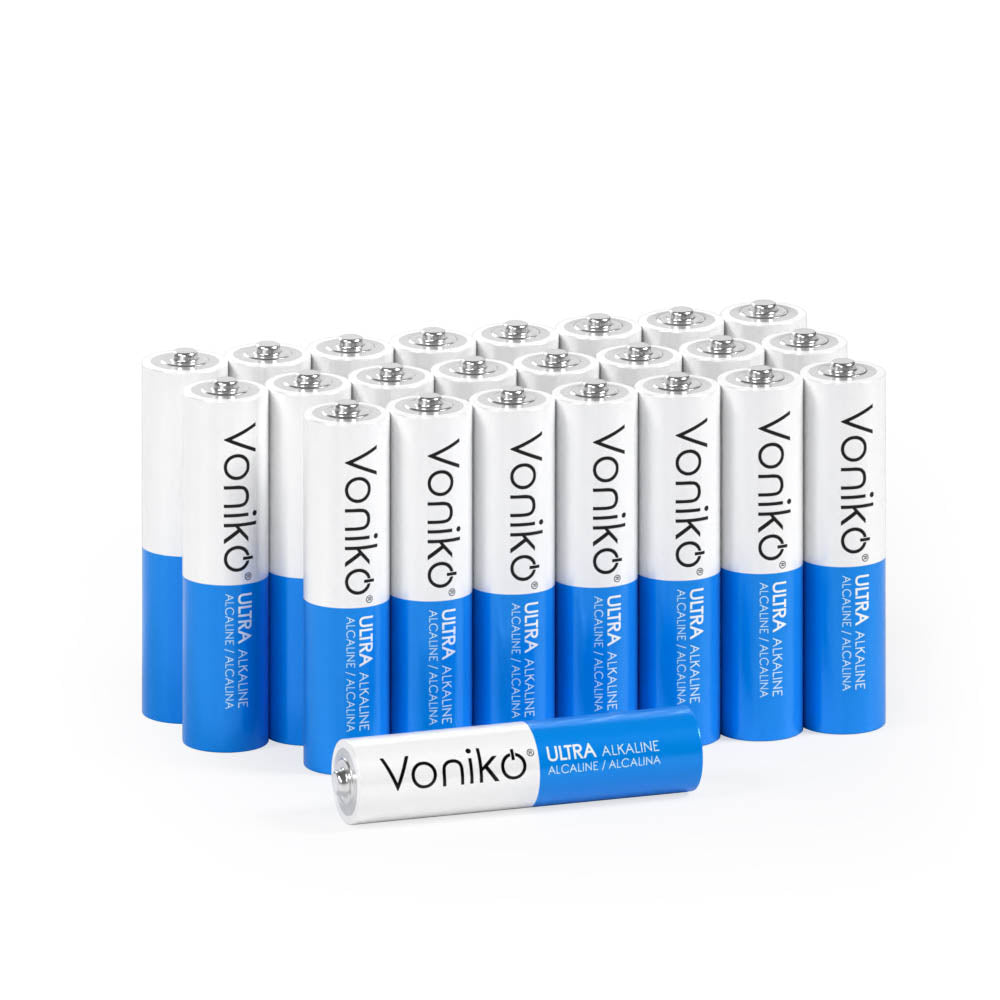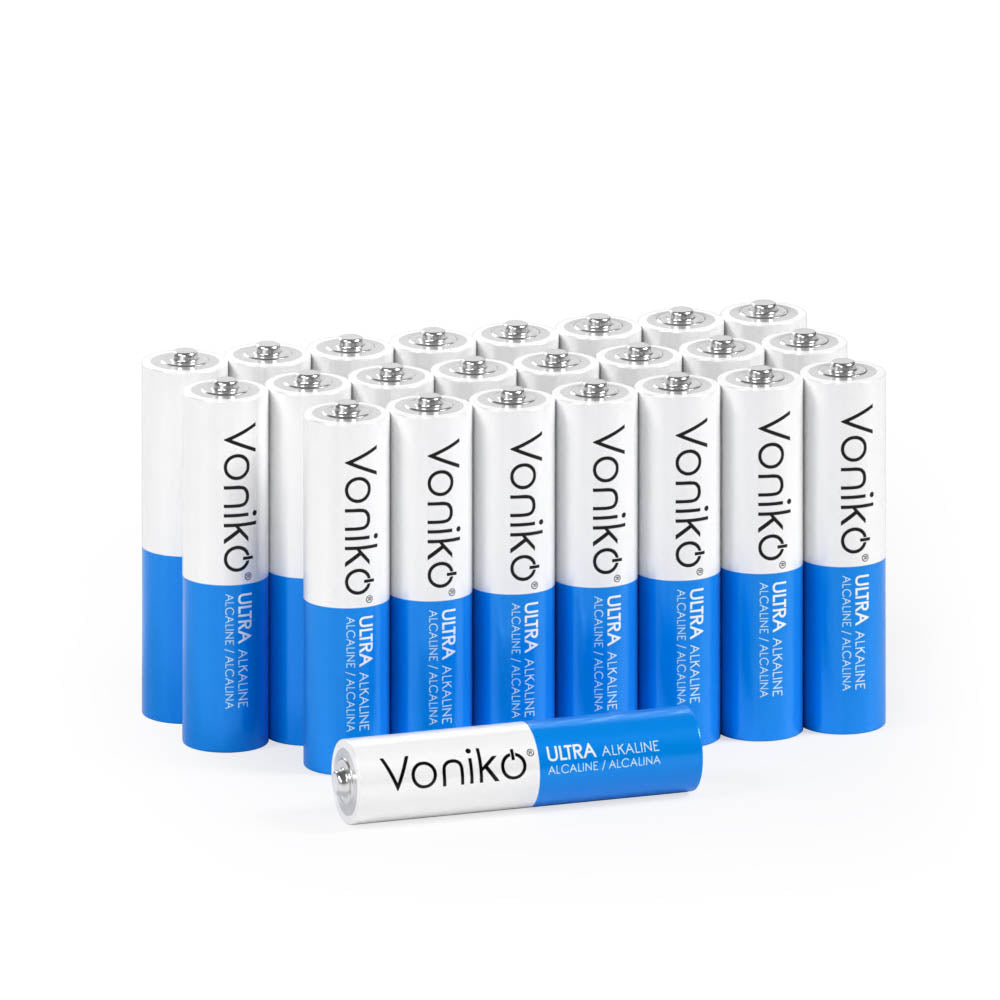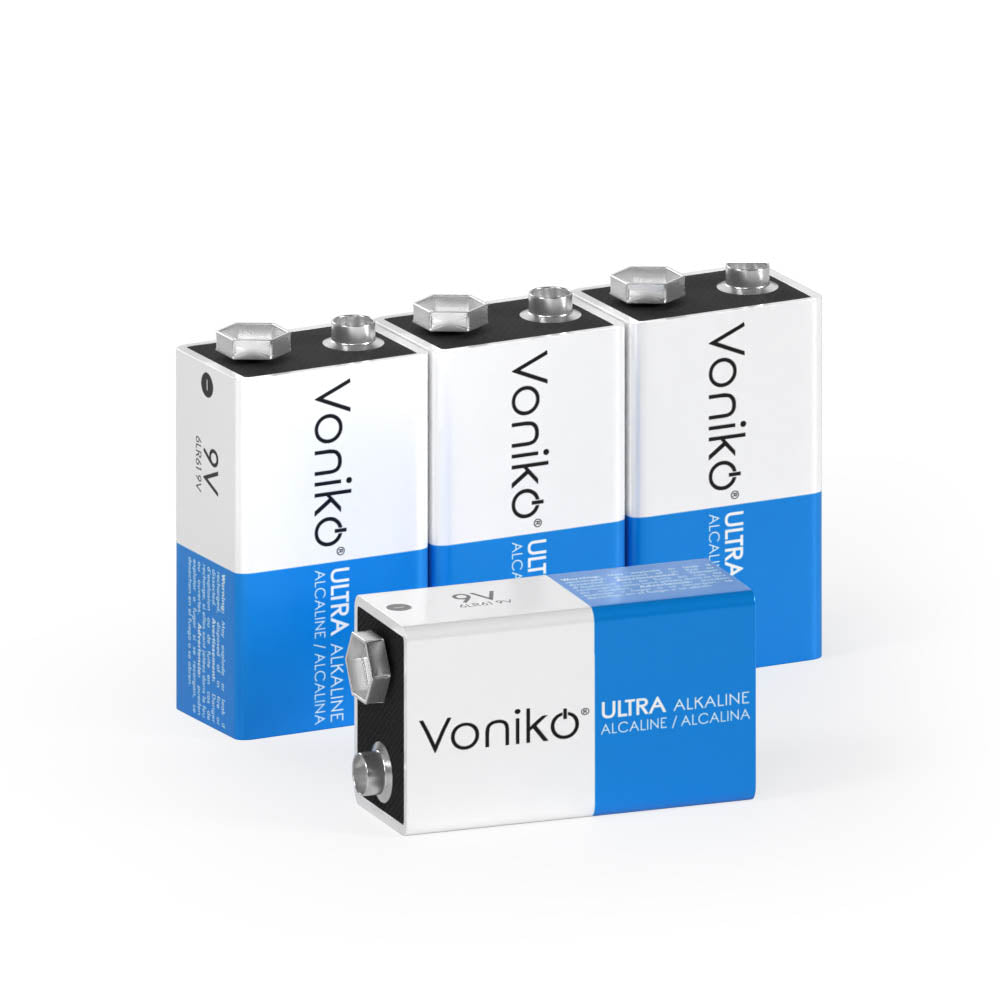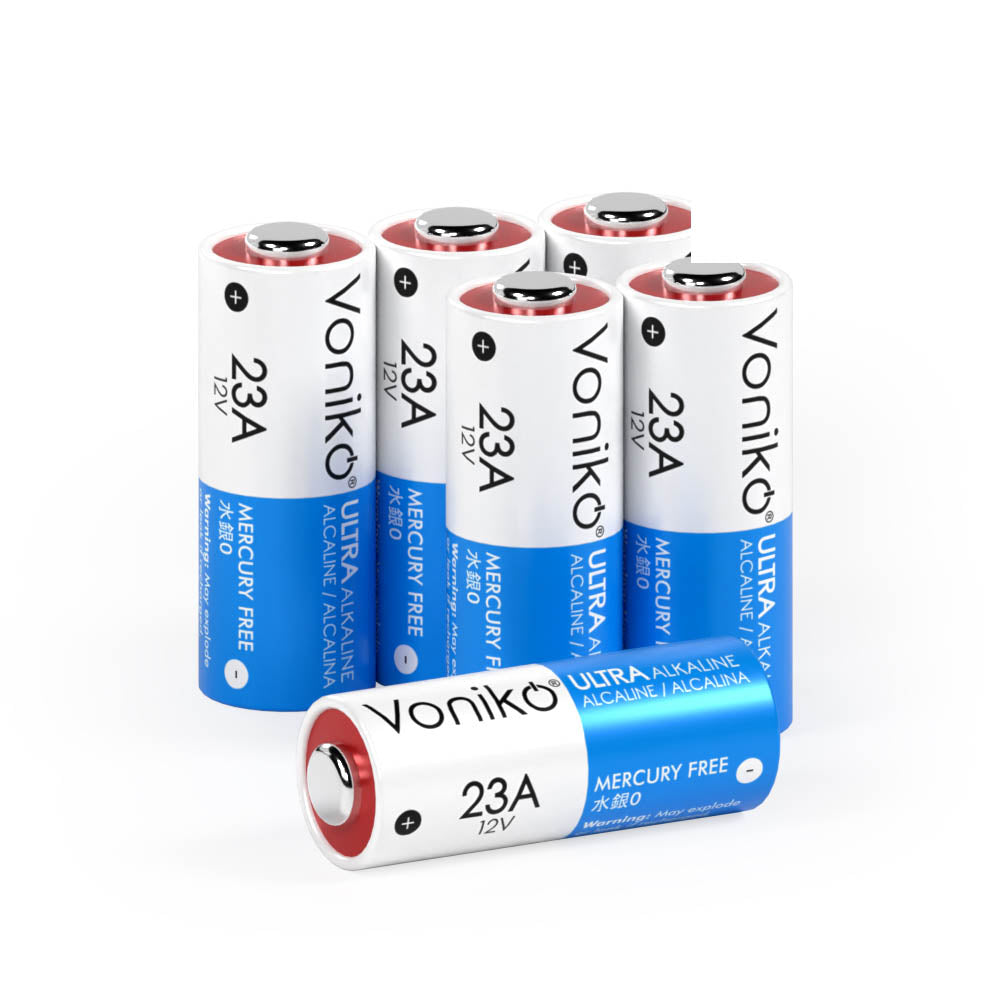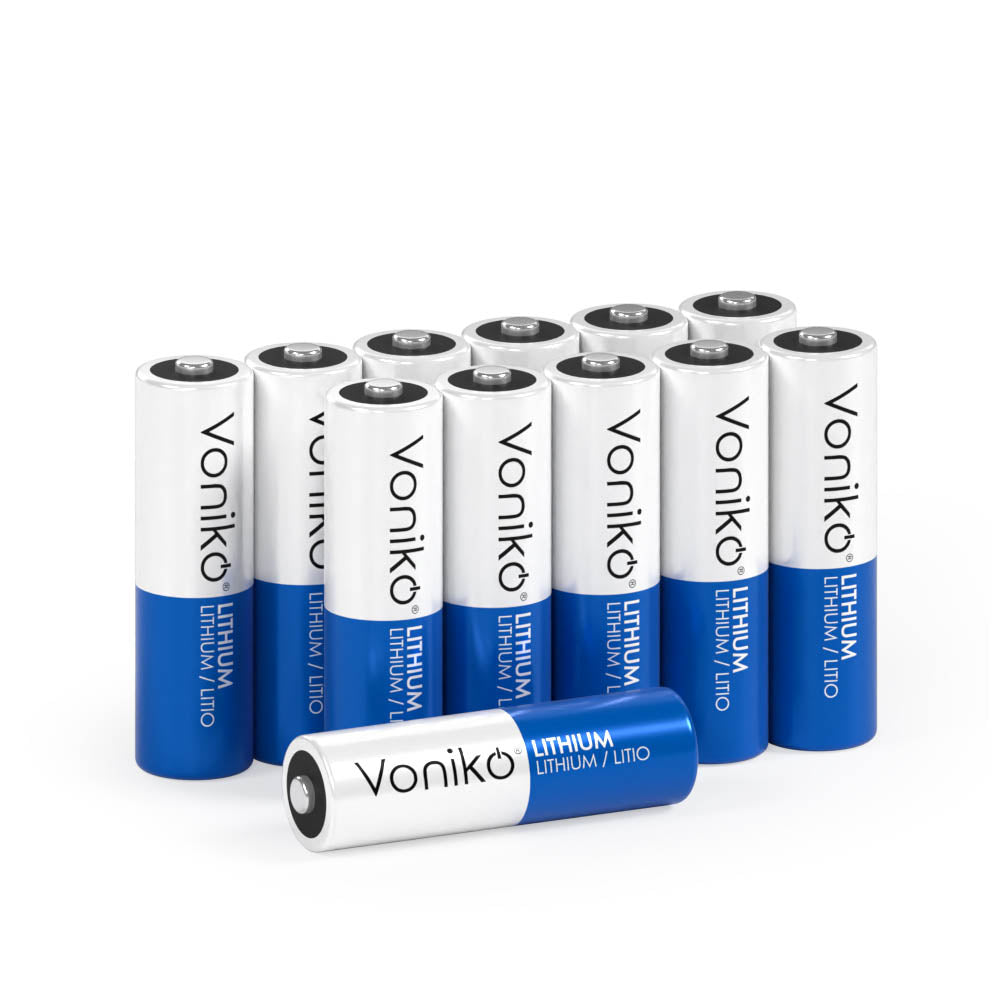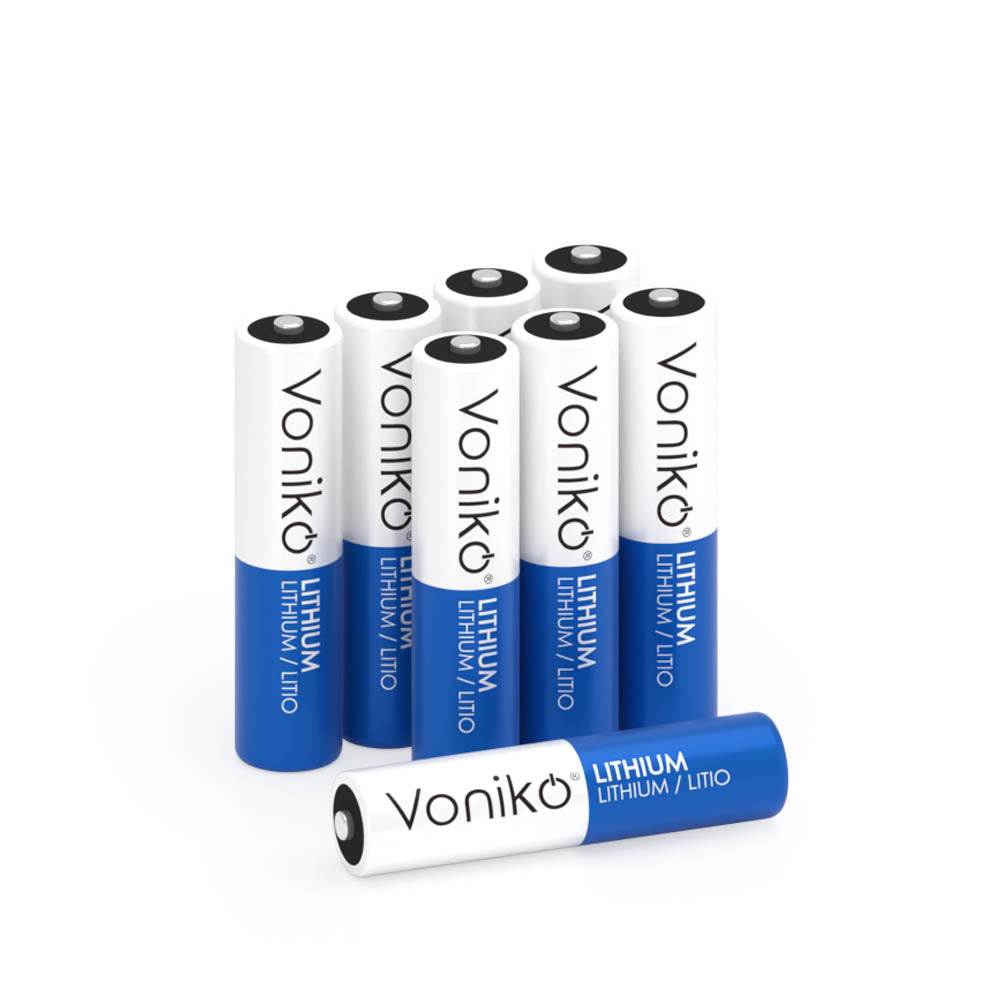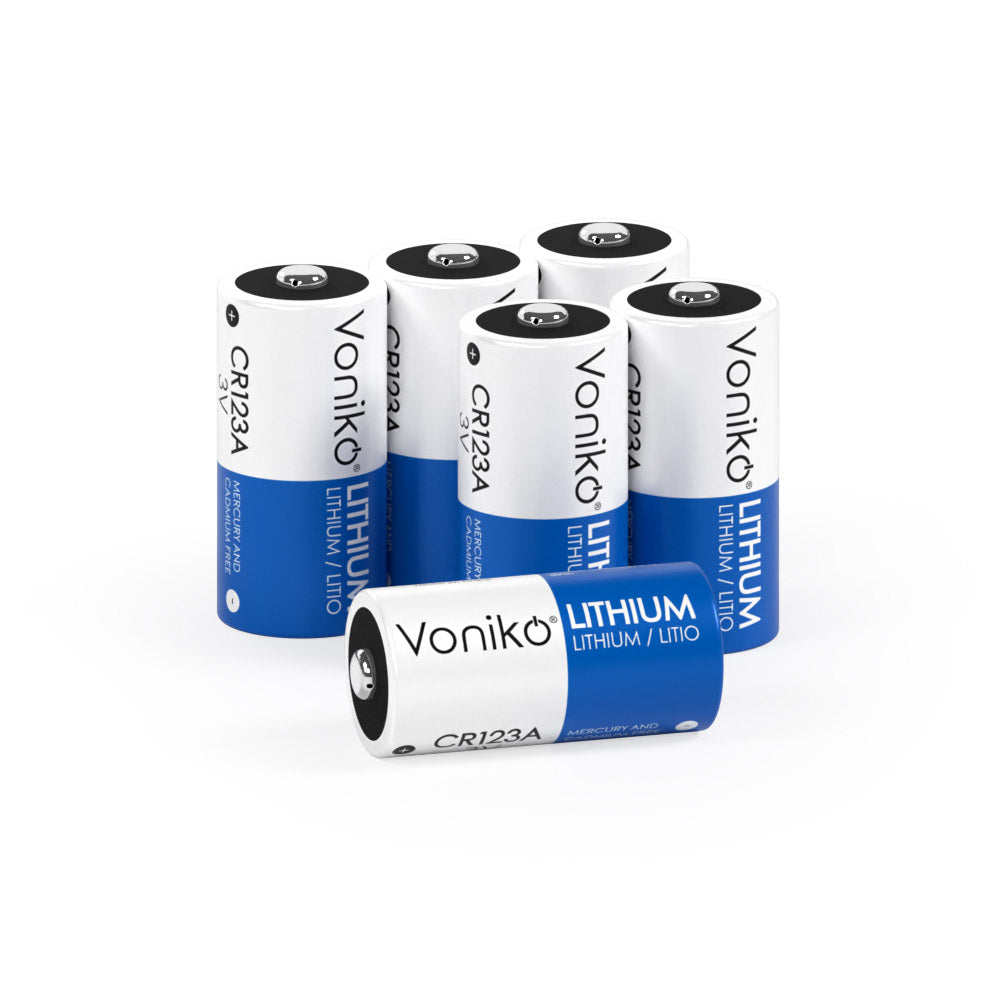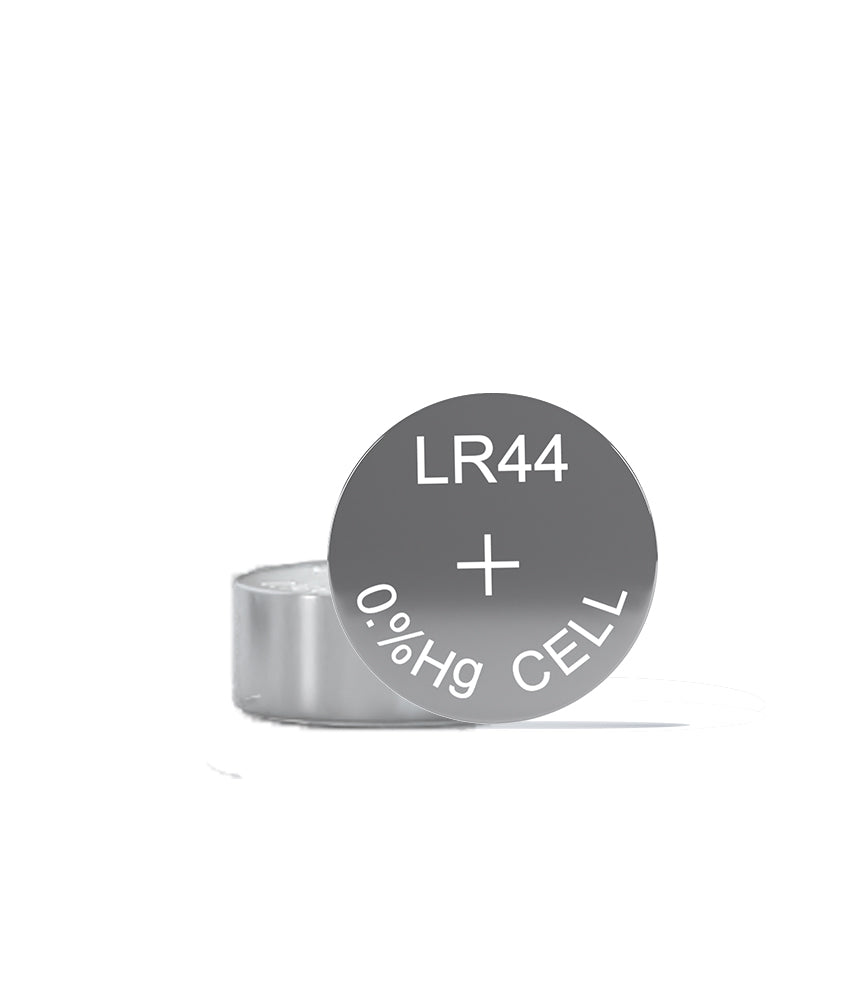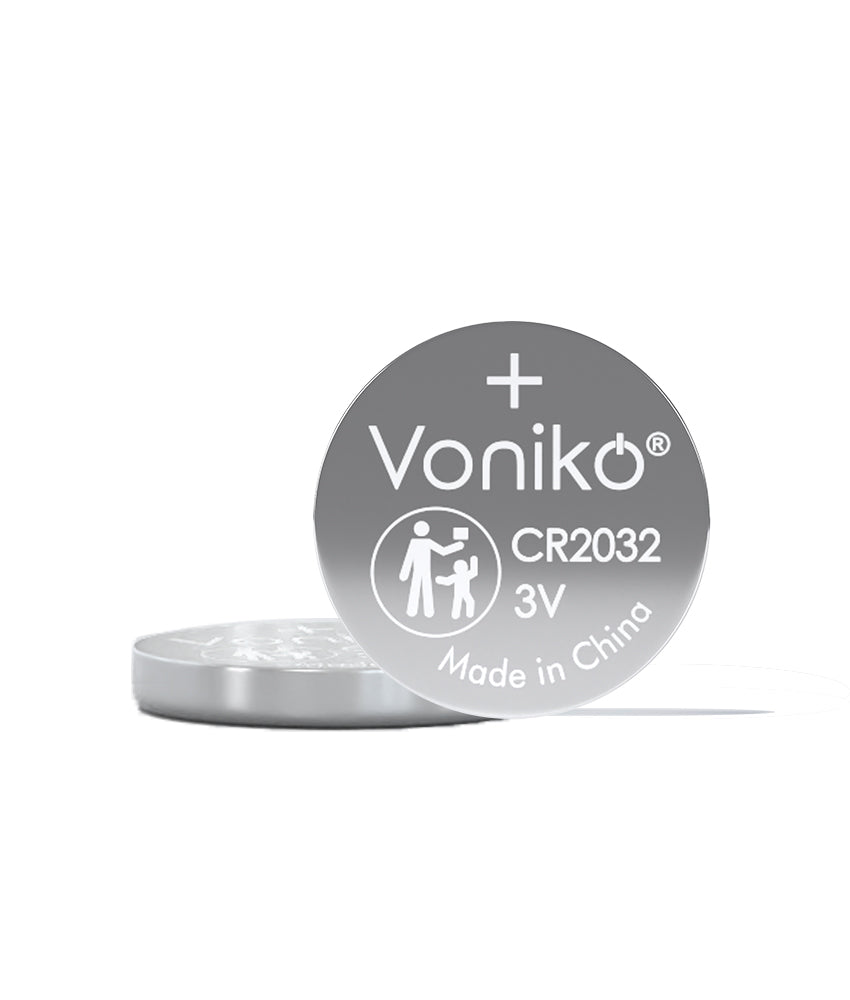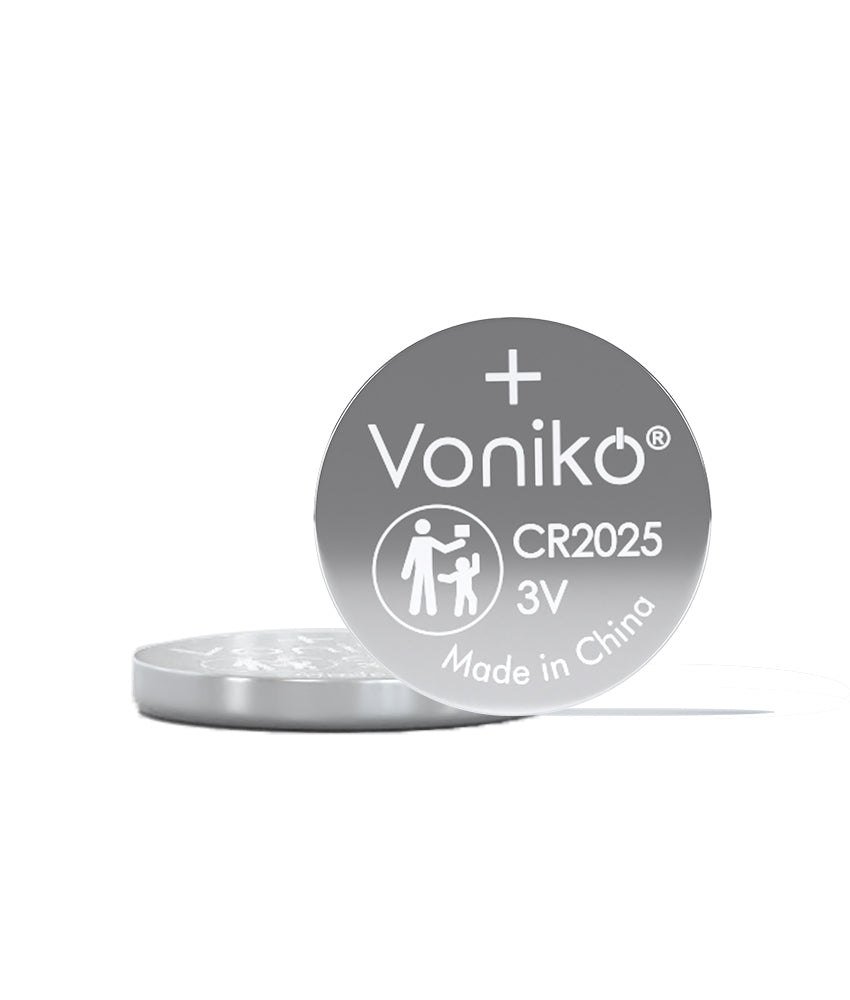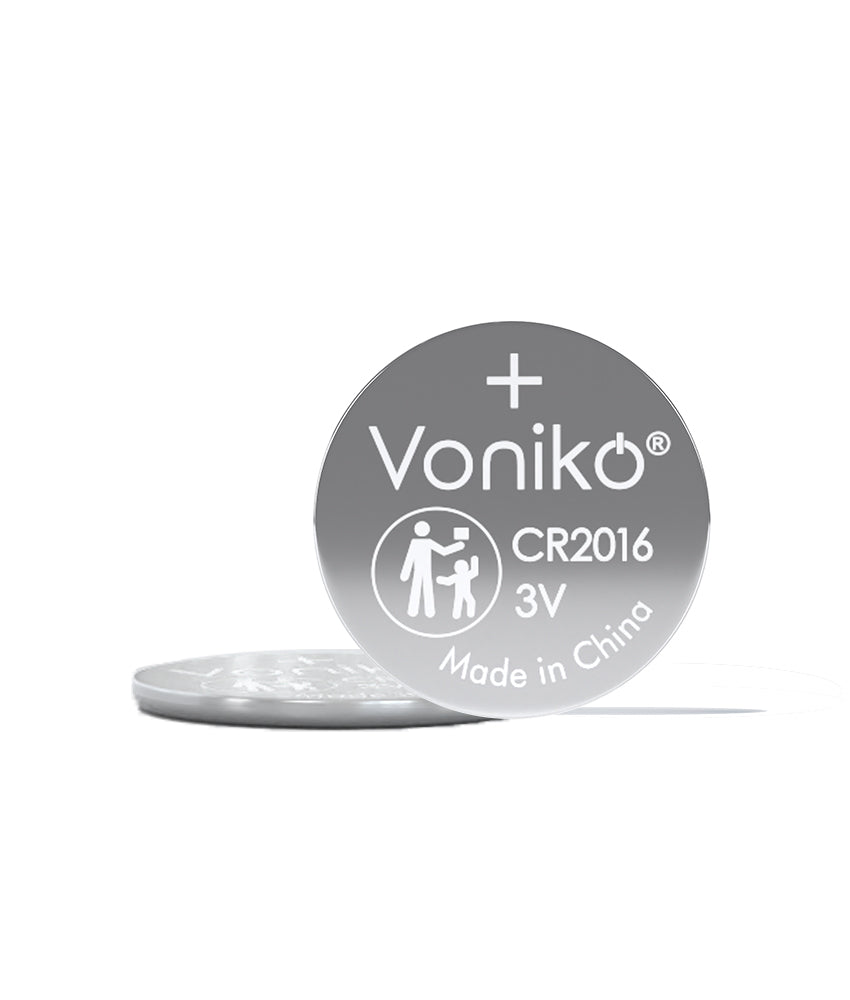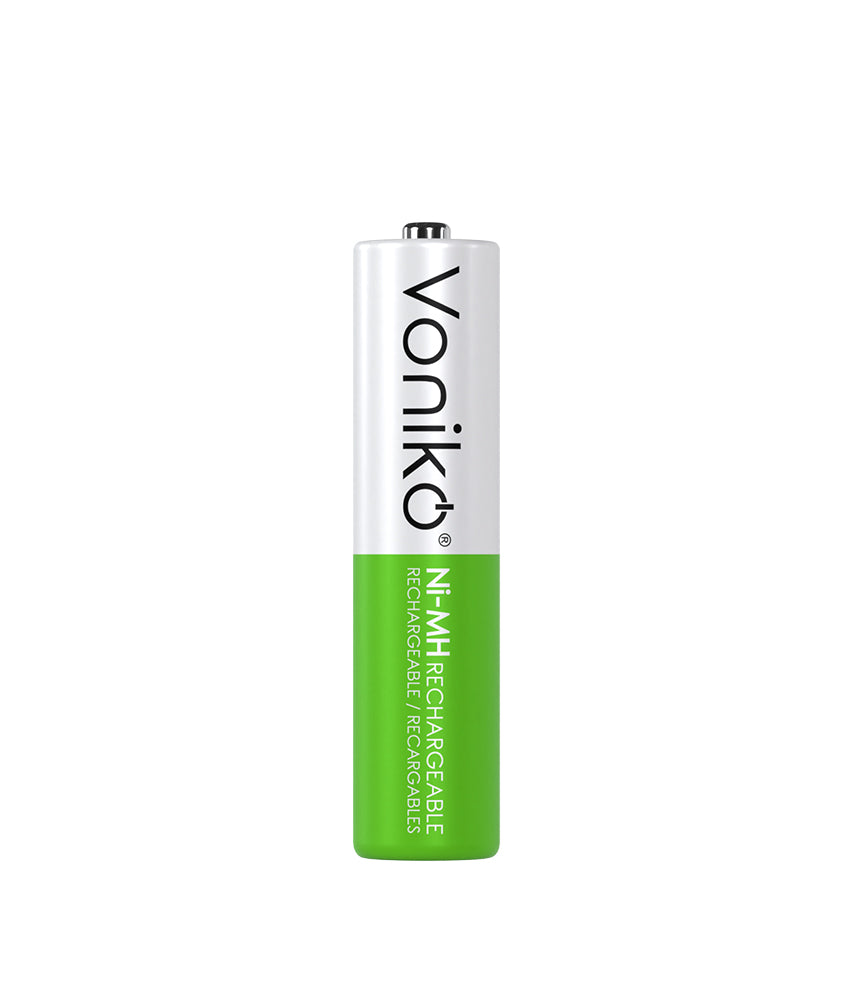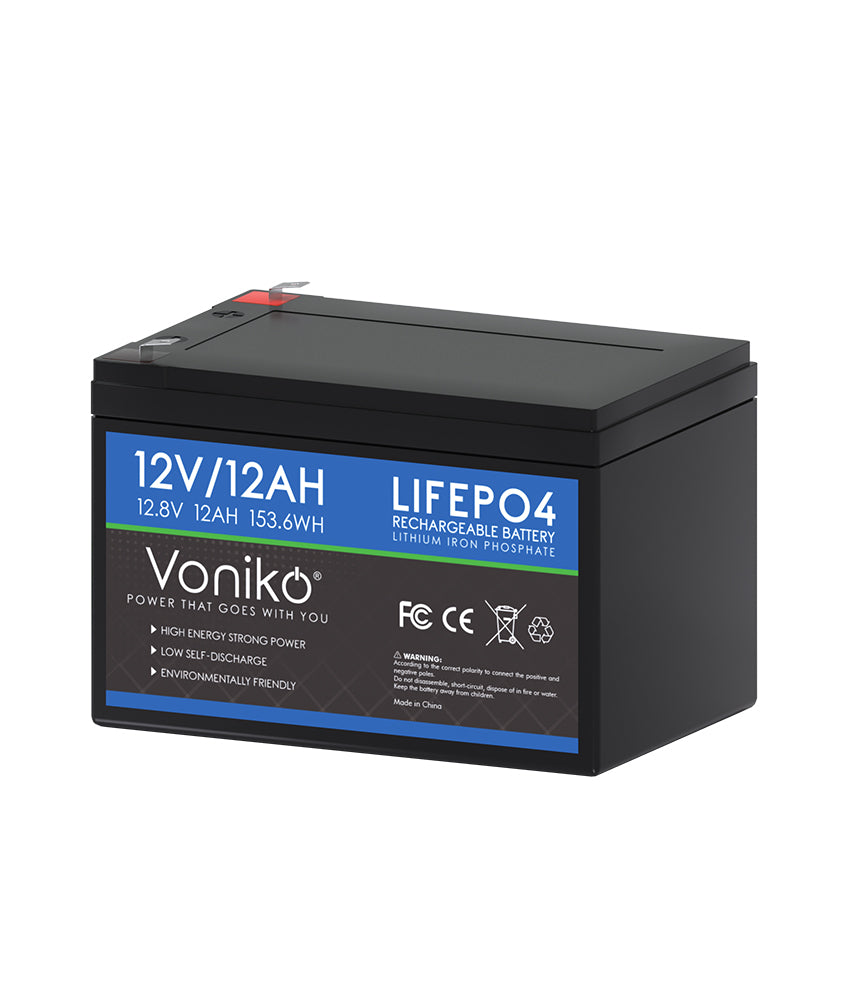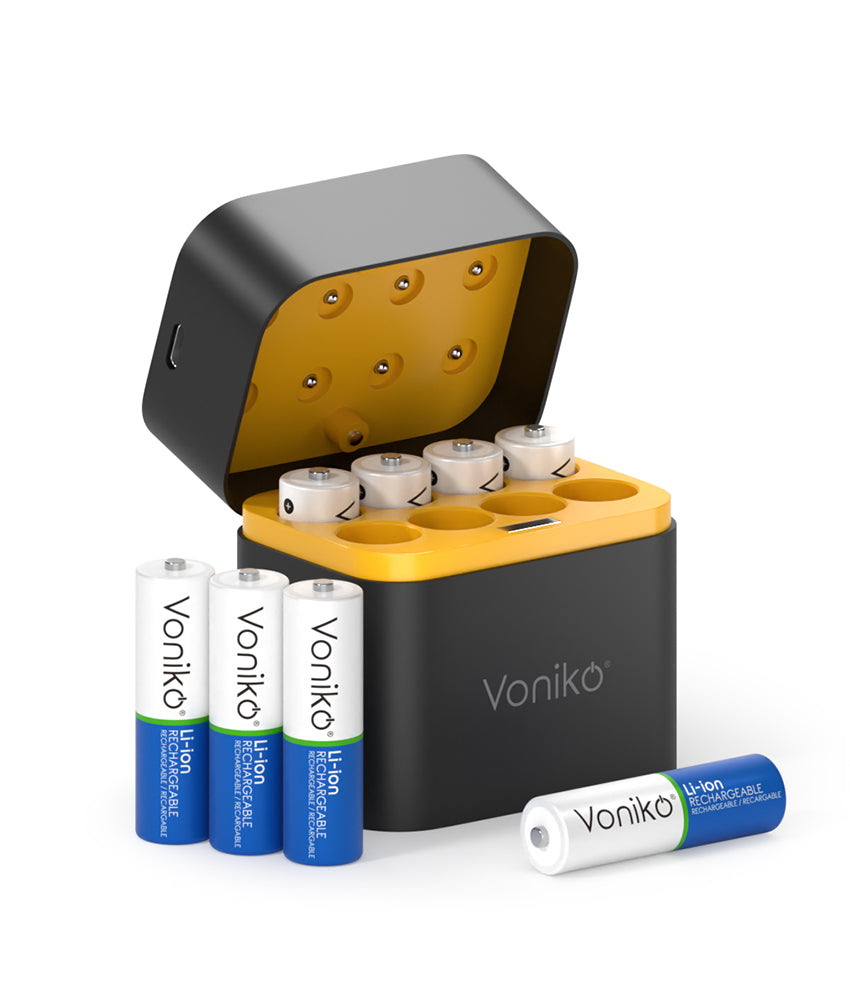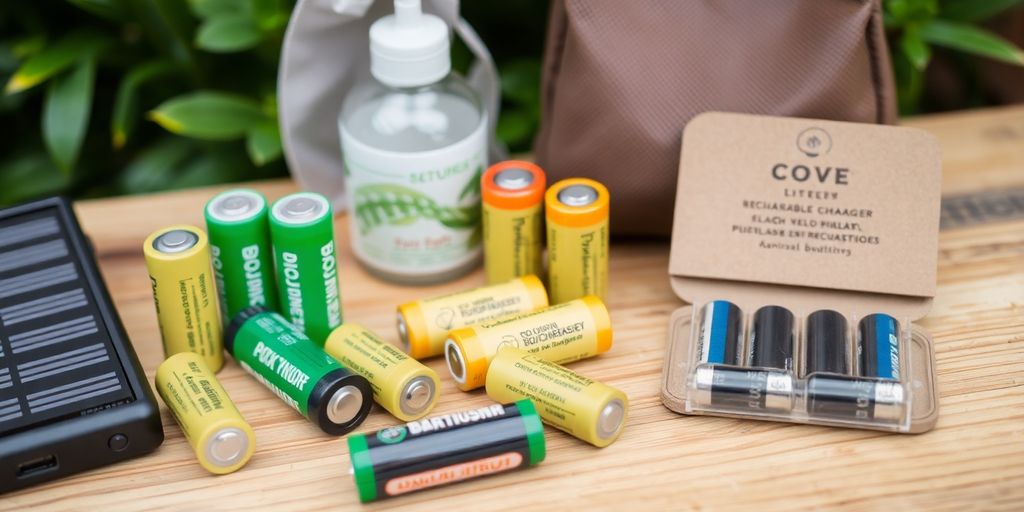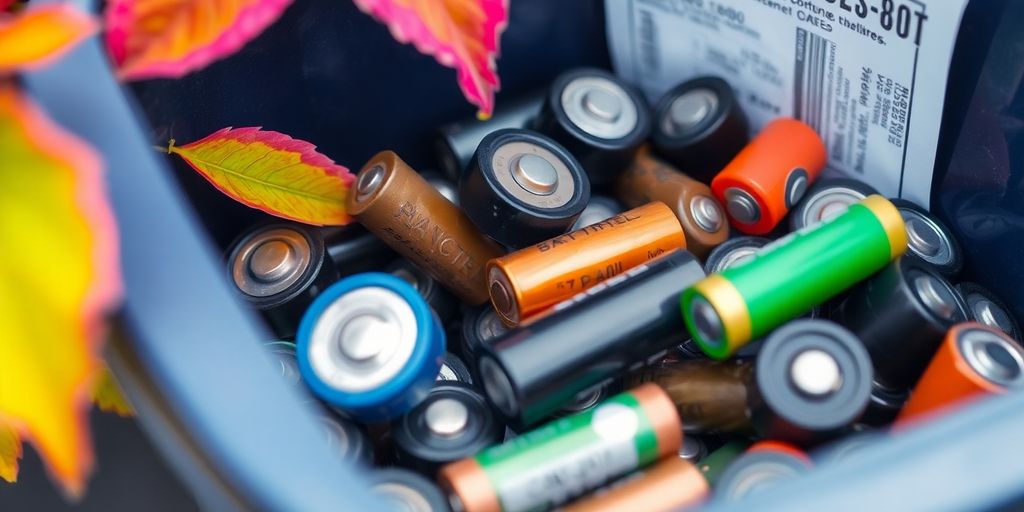Understanding Battery Waste and Its Impact

The Environmental Consequences of Battery Waste
Okay, so batteries are everywhere, right? Phones, laptops, even those singing birthday cards. But what happens when they die? Well, if we just toss them in the trash, things get ugly. Batteries contain some nasty stuff like lead, mercury, and cadmium, and when they end up in landfills, these chemicals can leak into the soil and water. It's not just about polluting the ground; these toxins can mess with ecosystems and even get into our drinking water. Plus, when batteries decompose, they release greenhouse gases, which, you guessed it, contribute to climate change. It's a whole chain reaction of bad news.
The Importance of Battery Recycling
Recycling batteries is a big deal, and I mean a really big deal. Think about it: batteries have valuable materials like lithium, nickel, and cobalt. If we don't recycle, we're basically throwing away these resources. That means we need to mine for more, which leads to deforestation, soil erosion, and water pollution in mining areas. Recycling helps us recover these materials, reducing the need for new mining and lessening the environmental impact. Plus, some places are even storing batteries for future recycling when the tech gets better. It's all about keeping those batteries out of the waste stream and making the most of what they're made of.
Current Recycling Rates and Challenges
Okay, so here's the not-so-great news: even though batteries are super recyclable, we're not doing a great job at it. The United Nations says we made over 62 billion kilograms of e-waste in 2022, and batteries are a big part of that. But only about 17% of that waste gets recycled. For lithium-ion batteries, it's even worse – less than 5%! Why? Well, we don't have a good system for collecting and recycling them. We need better ways to get used batteries from consumers to recycling centers. This means setting up collection hubs, partnering with retailers, and using digital tools to track everything. It's about creating a "reverse supply chain" to make sure these materials don't end up polluting our planet.
Choosing Sustainable Battery Options
Opting for Rechargeable Batteries
Okay, so you're thinking about batteries. We all use them, right? Remotes, toys, gadgets... they're everywhere. But what if we could make a better choice? That's where rechargeable batteries come in. Switching to rechargeable batteries is a simple way to cut down on waste. Think about it: instead of tossing out single-use batteries constantly, you recharge the same ones over and over. It's not just good for the planet; it can save you money in the long run too. I mean, who wants to keep buying packs of AAs every other week?
- They reduce the amount of batteries ending up in landfills.
- They can be used hundreds of times, making them cost-effective.
- Many chargers now come with smart features to prevent overcharging.
Selecting Products with Recyclable Batteries
So, you're buying something new, and it needs batteries. Before you click "add to cart," take a sec to check what kind of batteries it uses. Some products are now designed with batteries that are easier to recycle, or even better, made from recycled materials. It's a small detail, but it makes a difference. Look for labels or product descriptions that mention recyclability. If the packaging brags about being eco-friendly, that's a good sign. And hey, if you're not sure, ask! A quick email to the company can give you the info you need.
Supporting Brands with Sustainable Practices
Alright, let's talk brands. Some companies are really stepping up when it comes to sustainability. They're not just making batteries; they're thinking about the whole lifecycle, from production to disposal. Look for brands that:
- Use recycled materials in their batteries.
- Have take-back programs for old batteries.
- Are transparent about their environmental impact.
It might take a little digging, but it's worth it to support companies that are trying to do the right thing. Plus, when we, as consumers, show that we care about sustainability, more companies will start to pay attention. It's all about voting with your wallet, you know?
Implementing Battery Recycling in Daily Routines
Establishing a Battery Collection System at Home
Okay, so you want to recycle batteries, but where do you even start? It's actually pretty simple. Set up a designated spot in your house for collecting used batteries. I use an old plastic container with a lid, but anything that keeps them contained and away from metal objects works. The key is to make it convenient so you actually use it. Keep it in a place you'll remember, like near your trash cans or in the garage. You might want to put some tape over the battery terminals to prevent any short circuits, just to be extra safe. This way, you're not scrambling to find a place to put them every time a device dies.
Finding Local Recycling Drop-Off Points
Alright, you've got a stash of used batteries. Now what? Time to find a drop-off location. A lot of electronics stores, like Best Buy, have battery recycling programs. Check their websites or call ahead to make sure they accept the type of batteries you have. Many municipalities also have hazardous waste collection events where you can drop off batteries. Earth911.com is a great resource for finding local recycling centers. I usually try to combine it with another errand so it doesn't feel like a huge chore. For example, I drop them off when I go grocery shopping or visit the library.
Participating in Community Recycling Events
Want to make battery recycling a social thing? Look out for community recycling events in your area. These are often organized by local governments or environmental groups. It's a good way to get rid of a bunch of batteries at once and connect with other people who care about the environment. Plus, sometimes they have other recycling options available, like for electronics or appliances. Keep an eye on your local newspaper, community bulletin boards, or town website for announcements. I went to one last year, and they even had a raffle for a reusable shopping bag! It's a win-win.
Educating Others About Battery Waste
Sharing Knowledge with Friends and Family
Okay, so you're getting the hang of this battery recycling thing, right? Awesome! But it doesn't stop with just you. Think about your friends, your family, even your neighbors. The more people who know about the importance of battery recycling, the bigger impact we can all make. Start simple. Next time you're chatting with someone, casually bring up how you've started recycling batteries. Explain why it matters – the environmental impact, the valuable materials we can recover, all that good stuff. You don't have to be a battery expert; just share what you've learned. Maybe even show them your home battery collection setup. Lead by example, and you might be surprised how many people are willing to jump on board.
Utilizing Social Media for Awareness
Alright, let's get digital! Social media isn't just for cat videos and complaining about the weather; it can be a powerful tool for spreading awareness about important issues like battery waste. Share articles about the dangers of improper battery disposal. Post photos of your own recycling efforts. Use relevant hashtags to reach a wider audience. You could even create a short video explaining how to recycle batteries in your community. Don't be afraid to get creative and have fun with it. The goal is to make battery recycling seem accessible and relatable. You could even challenge your friends to start their own recycling programs and share their progress online. Think of it as a virtual recycling party!
Engaging with Local Community Initiatives
Time to get involved in your local community! Look for existing environmental groups or initiatives that focus on waste reduction and recycling. Volunteer your time to help organize battery collection drives or educational workshops. Partner with local schools or community centers to raise awareness among students and residents. Attend town hall meetings to advocate for better recycling programs in your area. By working together, we can create a stronger, more sustainable community. Plus, it's a great way to meet like-minded people who are passionate about protecting the environment. You might even discover new recycling opportunities or resources that you weren't aware of before. It's all about connecting, collaborating, and making a difference where you live.
Advocating for Better Recycling Policies
Contacting Local Representatives
It's easy to feel like your voice doesn't matter, but contacting your local representatives can actually make a difference. Many areas still don't have good battery recycling programs. If that's the case where you live, reach out to your local officials. Tell them we need these services and how they can help our community and the environment. Let them know that you care about this issue and want to see action taken.
Supporting Legislation for Battery Recycling
Keep an eye out for any proposed laws about battery recycling. Supporting legislation is a great way to push for change. Many governments have introduced laws to regulate battery waste, but most fall short in practice. The problem isn’t just the lack of laws—though that’s true in many places—it’s the lack of enforcement, funding, and accountability. For example, Extended Producer Responsibility (EPR) laws are supposed to make manufacturers responsible for collecting and recycling batteries they sell. But without monitoring systems or consequences for non-compliance, many companies treat these rules as optional.
Promoting Corporate Responsibility in Battery Disposal
We need to hold companies accountable for what happens to their batteries after we're done with them. Ask companies what their recycling policies are. Support the ones that are doing a good job and let the others know that you expect better. If enough people start asking questions, companies will start to listen. It's all about creating a demand for responsible practices. We can encourage a culture of sustainability by making informed purchasing decisions and practicing proper battery disposal.
Innovations in Battery Recycling Technology
Emerging Technologies for Efficient Recycling
Battery recycling is getting a serious upgrade! We're not just talking about the same old processes. New technologies are popping up that promise to make recycling way more efficient and cost-effective. For example, some companies are developing advanced methods to extract valuable materials like lithium, nickel, and cobalt from used batteries. These methods often involve innovative chemical processes or high-tech machinery that can recover a higher percentage of these materials than traditional recycling methods.
The Role of Circular Economy in Battery Management
The circular economy is all about keeping resources in use for as long as possible, and battery management is a key part of that. Instead of just throwing old batteries away, the goal is to reuse, repurpose, and recycle them. This means:
- Finding ways to extend the life of batteries through better design and usage.
- Giving batteries a second life in different applications (like using electric vehicle batteries for home energy storage).
- Improving recycling processes to recover valuable materials and reduce waste.
By embracing a circular approach, we can reduce our reliance on newly mined materials and minimize the environmental impact of battery production and disposal. It's a win-win!
Future Trends in Battery Recycling Solutions
What does the future hold for battery recycling? A few things seem likely. First, we'll see more automation and robotics in recycling plants, making the process faster and more efficient. Second, there will be a greater focus on developing closed-loop systems, where recycled materials are used to make new batteries. Finally, we can expect to see new regulations and incentives that encourage battery recycling and hold manufacturers responsible for the end-of-life management of their products. The future of battery recycling is looking bright, and it's essential for a sustainable future.
The Role of Consumers in Reducing Battery Waste
Consumers are key to shrinking battery waste. Our choices and actions can make a real difference. It's not just about recycling; it's about how we buy, use, and dispose of batteries.
Making Informed Purchasing Decisions
Think before you buy! Choosing the right batteries from the start can cut down on waste later. Consider these points:
- Rechargeable vs. Disposable: Rechargeable batteries are often the better choice, even if they cost more upfront. They last longer and reduce the number of batteries you throw away.
- Battery Life: Look for products with good battery life. This means fewer replacements and less waste.
- Recyclable Materials: Check if the battery or device is made from recycled materials. Some companies are now using more sustainable materials.
Practicing Proper Battery Disposal
How you get rid of old batteries matters a lot. Don't just toss them in the trash!
- Find a Drop-Off: Look for local recycling centers or stores that take old batteries. Many electronics stores have collection bins.
- Tape the Terminals: Before recycling, tape the battery terminals (the positive and negative ends). This prevents fires, especially with lithium-ion batteries.
- Store Safely: Keep used batteries in a safe place until you can recycle them. A plastic container works well.
Encouraging a Culture of Sustainability
One person can make a difference, but many people can make a bigger one. Let's get others involved!
- Talk to Friends and Family: Share what you know about battery recycling. The more people who recycle, the better.
- Use Social Media: Post about battery waste and recycling. You might inspire others to take action.
- Support Green Companies: Buy from companies that care about the environment. This encourages more businesses to be responsible.
Consumers play a big part in cutting down battery waste. By choosing rechargeable batteries and recycling old ones, we can help protect the environment. Every small action counts! Visit our website to learn more about how you can make a difference today!
Wrapping It Up: Your Role in Battery Recycling
So, there you have it. Reducing battery waste isn’t just a nice idea; it’s something we can all do. Every little action counts. Start by keeping your used batteries safe until you can recycle them. Look for places nearby that accept them, like electronics stores or community events. And don’t forget to choose rechargeable batteries when you can. It’s not just about you, though. Talk to your friends and family about this. The more we share, the more people will get involved. Remember, every battery you recycle is one less that ends up in a landfill. Together, we can make a difference and help create a cleaner, greener future.

